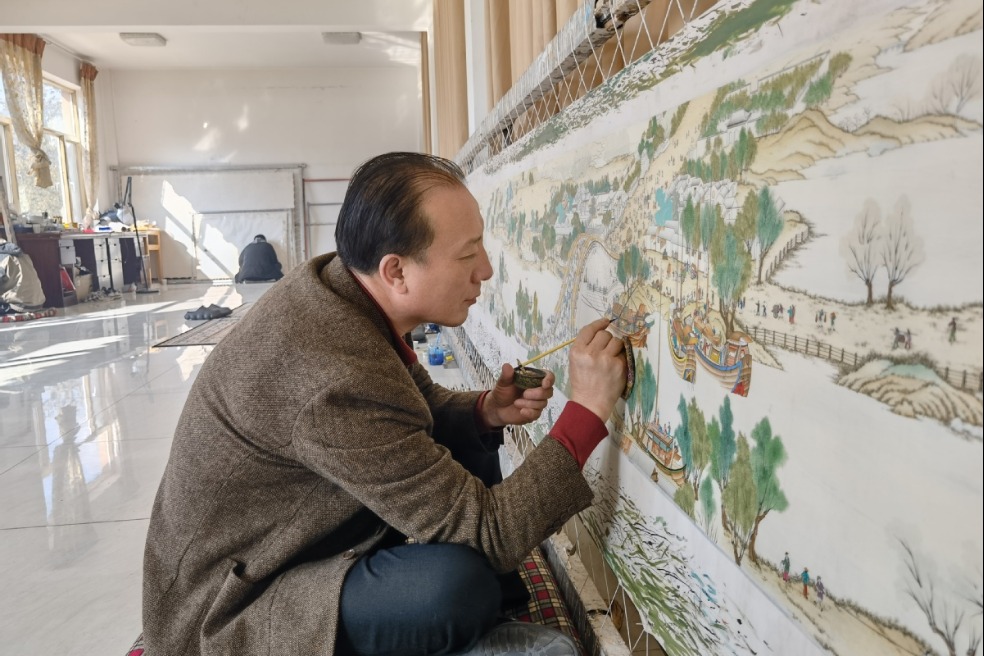Youths find freedom in customized scooters


Driving sales
Scooter manufacturers are also coming up with new measures to attract young consumers who are seeking more fashionable designs.
They pay for celebrity endorsement or cooperate with copyright owners of popular films and cartoons to promote certain scooter models.
A salesman in Beijing surnamed Liu said products in his store, which are of a good quality and appearance, cost 4,000 to 7,000 yuan. The scooters in the shop are cool and stylish, as well as retro and cute, and most of the customers are women.
In the past, the sight of a scooter on the street would have barely turned a head. However, customized scooters have attracted a strong following among young people and are helping drive sales.
According to data from the Huaon Industrial Research Institute, the 26 to 30 age group accounts for 32 percent of the consumer group for two-wheeled electric vehicles in China, while those below the age of 25 account for 11 percent. Young people account for over 40 percent of the electric vehicle market.
Luo Xianliang, vice-president of Ries Positioning Strategy and Consulting, China region, said many young people got into the habit of using independent means of transportation during the COVID-19 pandemic.
"Besides, scooters are cost-effective and can meet the demands of daily commuting; their design also aligns well with the aesthetic preferences of young people," he said, adding that personalized modifications are a manifestation of young people's pursuit of individuality.
"For these young people, the scooter is not just a tool, but also a reflection of their personality, and it has social aspects."
Cecilia Huang, partner of global consultancy Prophet, said the trend represents a longing for freedom and social interaction for the new generation before they can afford to own a car.
"The pursuit of personalization is not the aim of traditional motorcycle or car showoffs," she said.
Customizing the scooters is like taking decorations that were in the rider's personal spaces, such as their own rooms, studies and bookcases, and moving them to "a roofless space that is exclusively theirs", Huang said.
These items can be diverse as figurines, blind boxes, anime-related and Lego models. "This space extends their personality, interests and self-identity, where items not allowed to be displayed in the family living room can now be shown," she said.
To tap into the potential of the youth market, the future of electric vehicles must go beyond treating smart electric scooters as mere commuting tools, she added.
Cui Yutong contributed to this story.
























